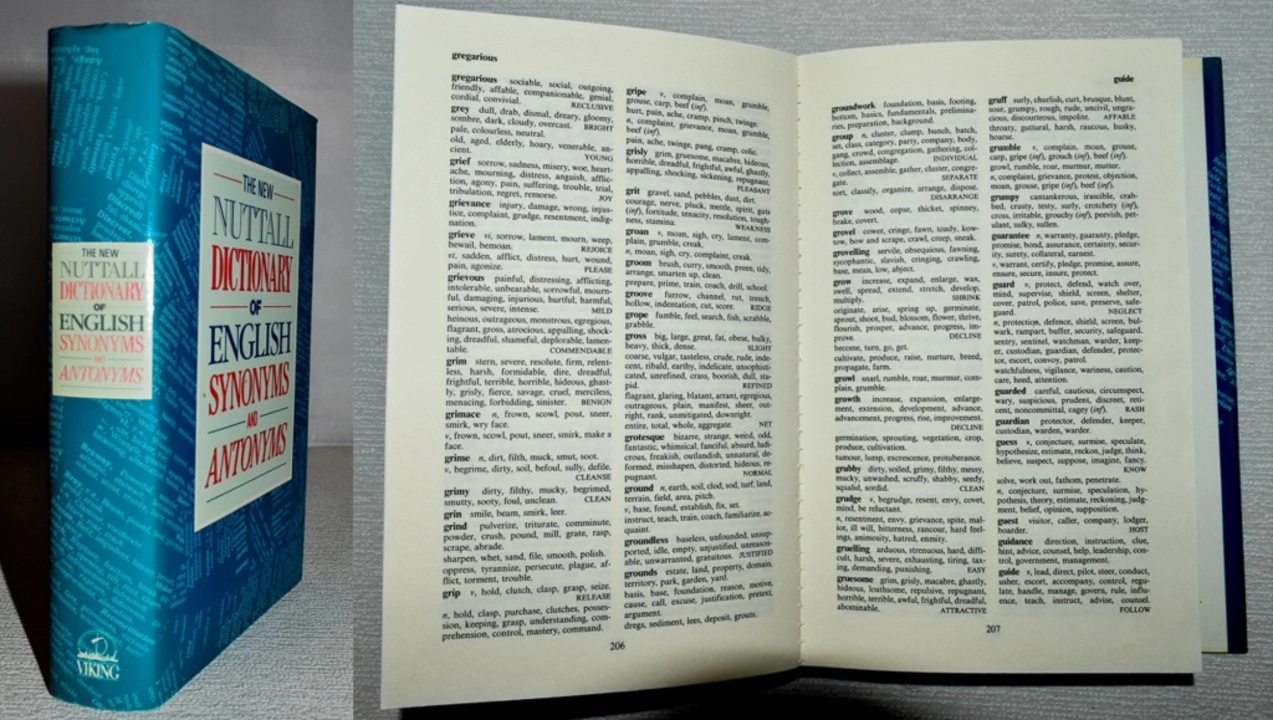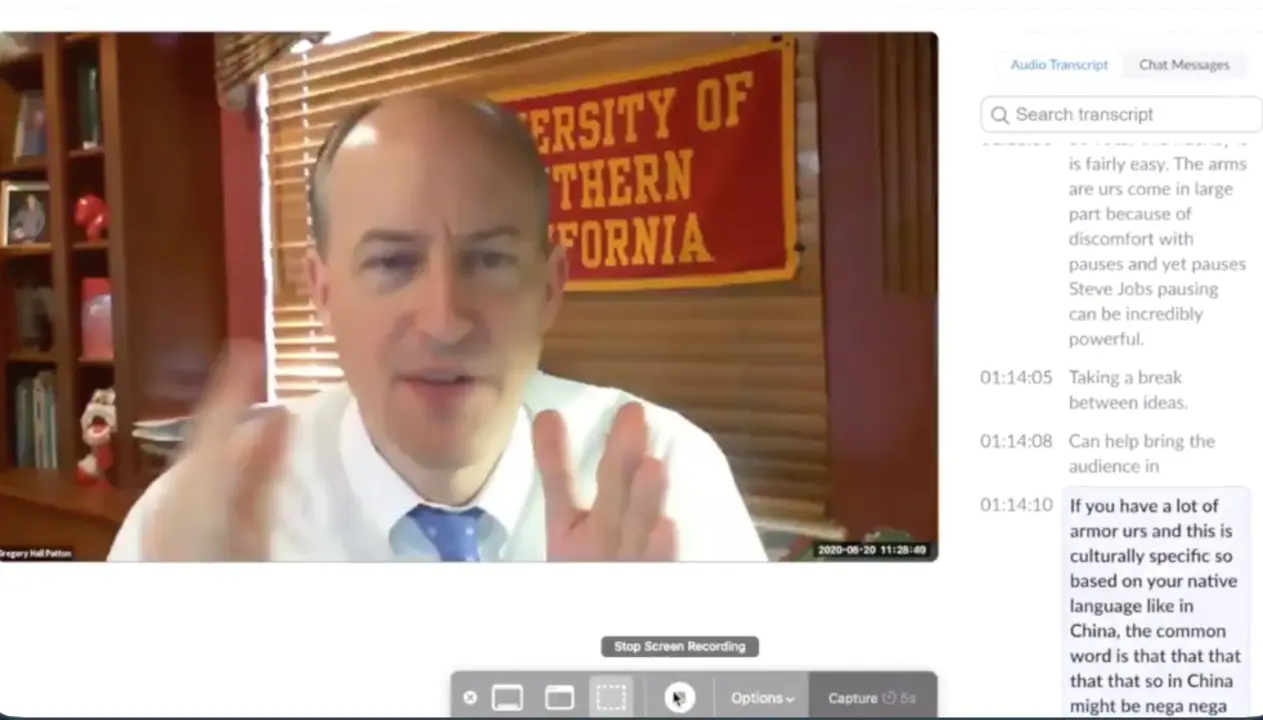Are leftist and socialist synonyms?
In my recent blog post, I explored whether the terms "leftist" and "socialist" are synonymous or not. I found out that, while they share some common ground, they are not exactly the same thing. Leftists generally support progressive social and political change, whereas socialists specifically advocate for the collective ownership of production and distribution of goods. Thus, not all leftists are socialists, and vice versa. It's essential to understand these distinctions to engage in meaningful and constructive political discussions.
-
May, 30 2023
-
0 Comments



